Regenerative Agriculture Can Help New England’s Farmers and Our Climate
The way we grow our food has a big impact on our climate. Changing how we farm can help our climate rather than harm it.
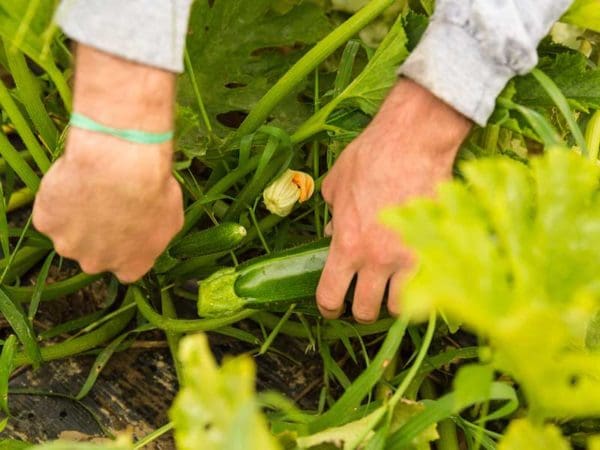
The way we grow our food has a big impact on our climate. Changing how we farm can help our climate rather than harm it.

Regenerative farmers can play a role in combatting the climate crisis. However, if more farmers are to transition to climate-smart regenerative agriculture, they need sufficient technical and financial support.
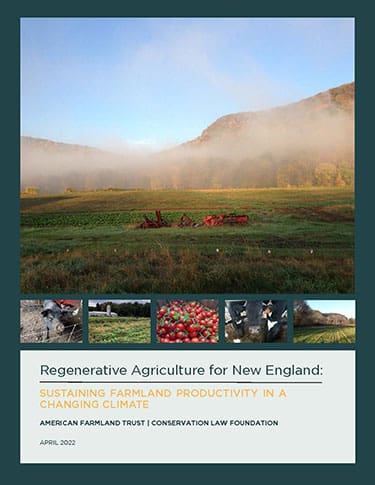
CLF’s forceful advocacy paid off in this year’s Rhode Island legislative session with laws passed to help our climate, stop plastic pollution, and safeguard our drinking water from toxic chemicals.

As part of the CLF community, you are combining your voice with thousands of others across our region to push for a healthier and more thriving New England for all. You are directly supporting meaningful change for your state, your community, and your neighborhood – change that you’ll read about in the pages of this… Continue reading Conservation Matters Summer 2022: Year in Review
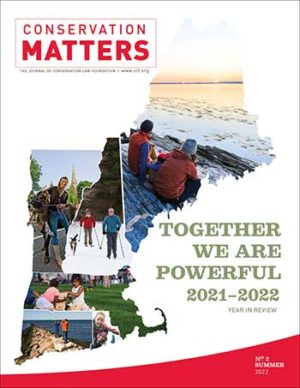
Just as CLF helped to lead the passing of landmark laws in almost every New England state, we must now watchdog their implementation. Because the consequences if these laws languish are too dire to be ignored.

The economic development bill passed by the House of Representatives presents the latest case-in-point. Quietly tucked into the bill was an amendment that would exempt an enormous parcel of land in Everett from state laws that govern waterfront development and protect the public trust.
The Supreme Court’s decision in West Virginia is a setback, to be sure. But it is also a reminder of the importance of action at the regional, state, and local levels – action that we have been leading here in New England for more than a decade as we waited – and waited – for federal climate rules to come into play.

“As we’ve been saying for years, the state’s MHP process is fundamentally flawed,” said Deanna Moran, Interim Vice President of Healthy and Resilient Communities at CLF. “The developer-driven Downtown MHP would have resulted in less public access to one of the city’s greatest treasures – Boston Harbor. Today’s ruling makes it clear that it’s time to center waterfront planning on public access and community input, not developer profits.”
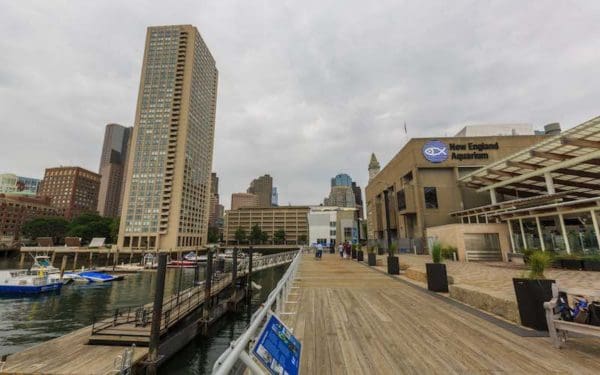
“For too long, low-income communities have been excluded from investments in healthy and sustainable housing and small businesses,” said Gina Foote, director of Impact Investment at Conservation Law Foundation. “With help from UnitedHealth Group and the Healthy Neighborhoods Equity Fund, that’s finally beginning to change. This investment will lead to more vibrant and inclusive neighborhoods across southern New England.”
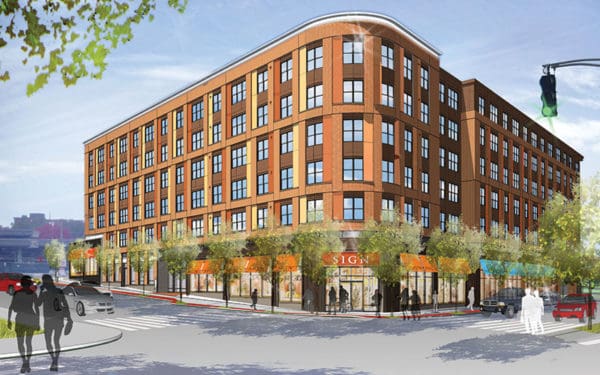
So-called “advanced recycling” is a ruse. The term is part of a larger disinformation – or greenwashing – campaign. That campaign’s goal: to distract lawmakers and the public from real solutions to the world’s plastic crisis.
